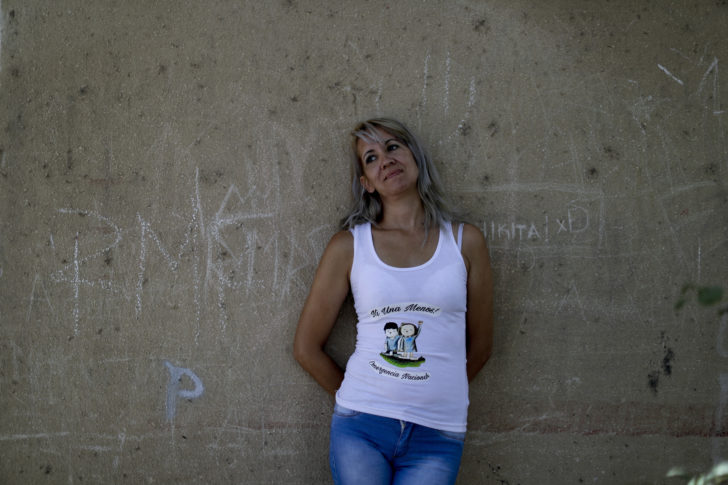September 6th marks the first anniversary of the death of Ivana Rosales. After being attacked by her then husband, Mario Garoglio, in 2002, and surviving that femicide attempt, Ivana continued to suffer the physical consequences. She died after an epileptic seizure.
In the trial against Garoglio, the prosecutor said that Ivana “had it coming to her” and requested that the sentencing take into account extenuating factors, which the judges granted. Garoglio was convicted to five years in prison, half of what was expected, and he fled. In 2012, he was convicted once again, this time for having sexually abused he and Ivana’s two young daughters; one of them eventually committed suicide.
In 2005, with the support of CELS, Ivana filed a complaint against the Argentine state before the Inter-American Commission on Human Rights (IACHR) for denial of justice. This is the first case related to gender-based violence in Argentina that is being analyzed in an international jurisdiction.
Starting in 2014, a dialogue before the IACHR with the national state and Neuquén province was initiated with the aim of reaching a friendly settlement, but no real results have been achieved to date. Ivana’s daughters, Mayka and Abril, also suffered the consequences of institutional mistreament in Argentina. The reparations discussed before the IACHR, which have been completely neglected thus far, include them.
Ivana became a social leader: her demands to the national and provincial states include measures for non-repetition such as public policies to fight the different types of gender-based violence. To address social demands regarding femicides and sexist (machista) violence, the state must respect and fulfill the commitments that it assumed as a result of this case.
Sexist violence is sustained when the state does not prevent it or uphold effective and comprehensive policy, and when, in addition to provide tardy responses for people who were victimized, it perpetrates new rights violations. In such cases, institutional violence is superimposed on top of sexist violence.
Human rights, feminist and women’s organizations from throughout the country sent an open letter to national and provincial government officials to demand that both states resolve these pending matters.
Read the letter here.

